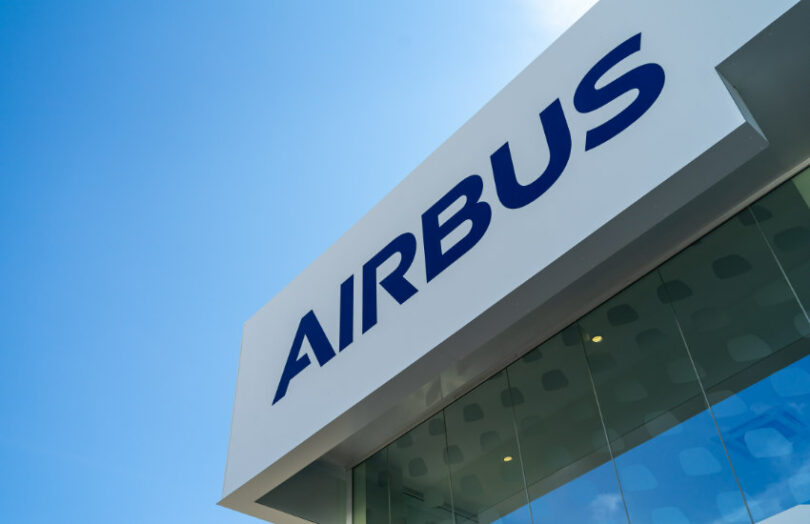Today blockchain sustainability startup Circularise said it completed its Proof of Concept with Airbus, using digital product passports (DPPs) to trace materials in aircraft cabins. The data generated can be used for recycling when an airline refurbishes the cabin. Hence, the aim was to create a new traceability framework for aircraft cabins.
All the companies in the aircraft cabin supply chain needed to be involved in tracking the cabin’s contents. That included raw material manufacturers Asahi Kasei and Neste, both investors in Circularise, and Toray. Additionally, it involved manufacturers Diehl, Selia and Thales, as well as maintenance provider (MRO) Lufthansa Technik.
The final output of the work was a digital product passport for the entire aircraft cabin.
“Digital Product Passports built on true supply chain traceability is a key tool in understanding and improving the lifecycle management of aircraft components,” said Mesbah Sabur, founder of Circularise.
The need for aerospace recycling isn’t just about the cabins. It’s not uncommon to see photos of rows of derelict passenger planes parked in fields. The aerospace industry estimates that 15,000 aircraft will need replacing by 2040 and there’s a plan to recycle 90% of it. That’s one of the reasons that Circularise recently joined COMPASS, an EU-funded project targeting recycling in the aerospace and automotive sectors.
Circularise uses public blockchain technology for its digital product passports, as previously outlined in an opinion piece.






